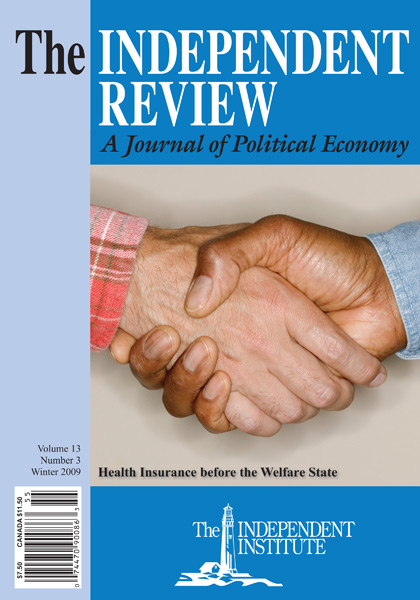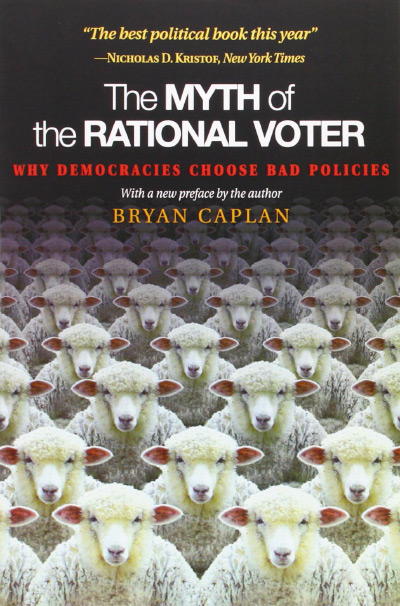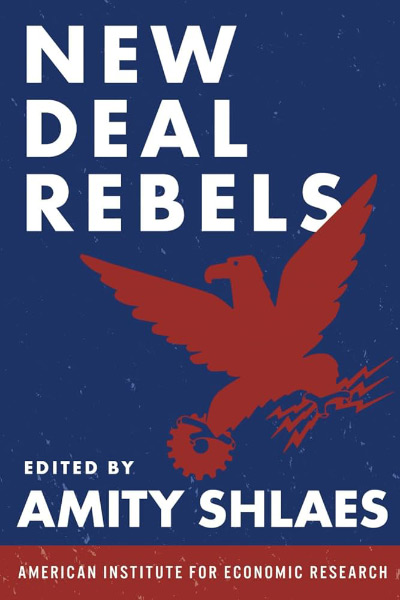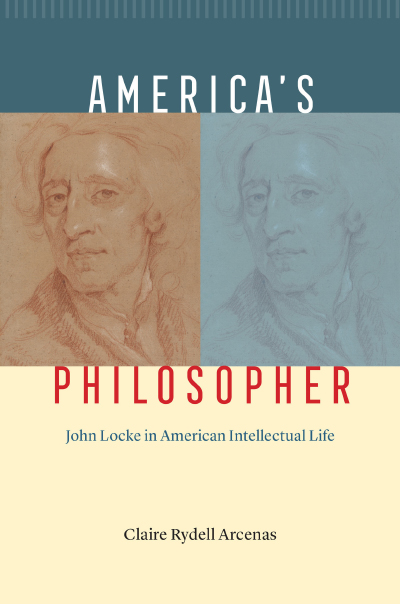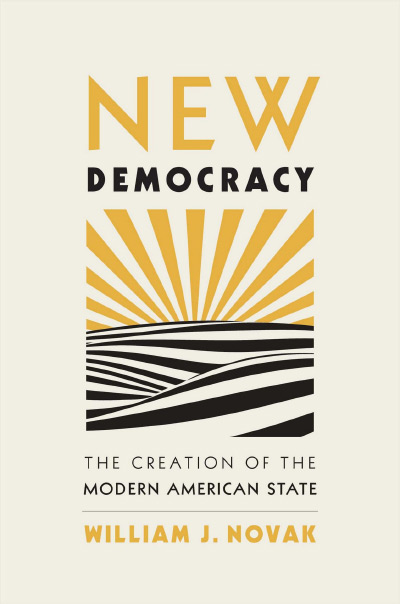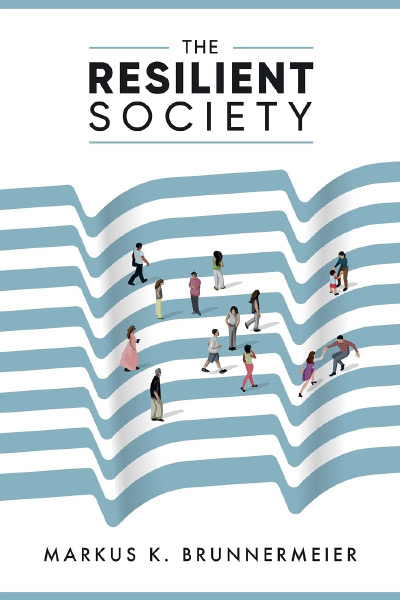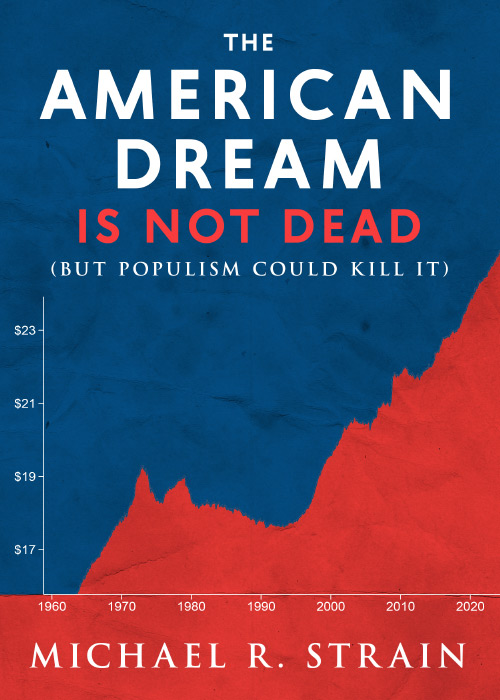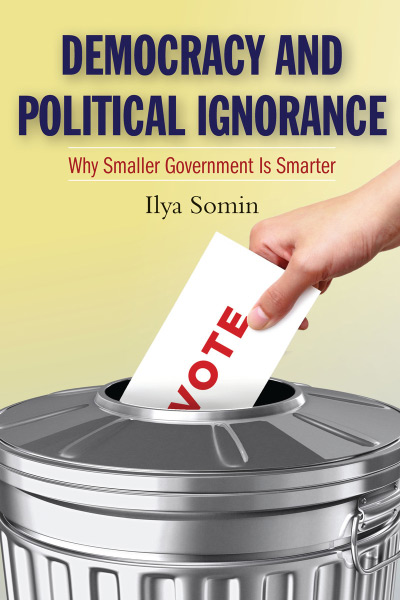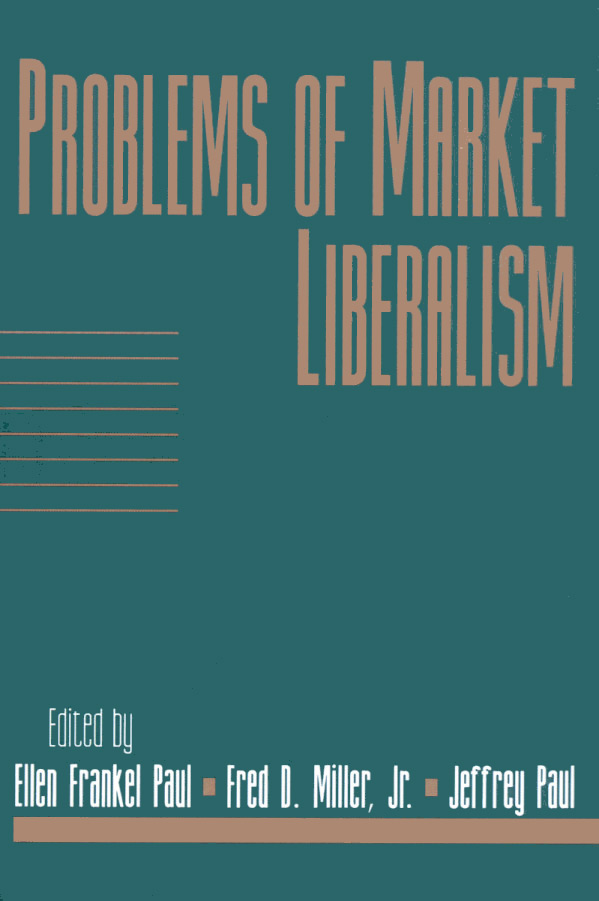In The Myth of the Rational Voter, Bryan Caplan presents a noteworthy challenge to a view that prevails among economists who study political behavior and political scientists who employ rational-choice theory—namely, that the average voter in a modern, democratic nation rationally chooses to remain largely ignorant about the options presented to him in an election. The reason his ignorance is rational, according to this common understanding, is that the costs of his becoming a well-informed voter are much greater than the likely benefits of his doing so because the odds against his single vote’s deciding an election are enormous. Therefore, the theory goes, it would make no sense for him to devote his time to understanding the issues at stake. In fact, except as a display of civic virtue or as an expression of personal identity, it does not make sense for him to bother voting at all.
Although Caplan acknowledges the force of the case for the voter’s rational ignorance, he argues that the real situation in democracies is even worse: not only are voters uninformed on policy matters, a condition that would imply that their votes would be cast randomly across the range of options they face, but they actually gain utility from warmly embracing economic policies that the vast majority of professional economists regards as demonstrably false. For example, few economists today, on either the left or the right, do not agree that the principle of comparative advantage indicates that citizens of both poor nations and rich nations stand to gain from international freedom of trade. Yet the protectionist policies of the mercantilist school, whose theories were discredited in the eighteenth century, remain popular with the public and with many pundits in the popular press. How can we explain this divergence between expert opinion and popular belief? Caplan’s answer is that given the minimal cost any individual voter pays for embracing protectionism in terms of the effect he will have on policy, it is only to be expected that he will choose his political positions based on how they fit into a worldview that makes him feel good about himself, rather than based on an analysis of the probable consequences of their implementation.
Caplan’s thesis relies heavily on this notion of “rational irrationality.” As indicated, this idea means is that it can sometimes be “rational” to hold “irrational” beliefs: if the practical consequences of holding the belief are minimal or nonexistent, then the psychic comfort the believer gets from the belief may outweigh the costs involved.
Caplan backs his case for the existence of rational irrationality with data from the extensive 1996 Survey of Americans and Economists on the Economy. The survey showed a significant gap between professional economists’ opinions and the general public’s opinions on issues such as the benefits of free trade and the optimal level of business profits, with the economists generally favoring market-based outcomes much more than does the average layperson. Some market skeptics have attributed this situation to bias on the part of economists: they lean toward free markets either because they are usually fairly wealthy and stand to gain personally from the policies they endorse or because their profession is in the thrall of “market fundamentalism”— that is, they are ideologically predisposed toward certain policies. But Caplan cleverly undermines such claims by analyzing the survey results while controlling for such factors as income, job security, race, gender, age, and ideology. The idea behind this analysis is that if, say, economists favor free markets not because of their scholarly expertise, but because of their social class, then their slant should be shared in large part by others of their class. To the contrary, Caplan finds, the typical wealthy, white, middle-aged Republican economist is still notably more pro-market than the typical wealthy, white, middle-aged, Republican noneconomist. Although Caplan’s results strongly support his thesis that the main cause of this divergence in views is education in economics, he does not deal with one plausible formulation of a case against bowing to economic expertise—namely, the argument that the economists’ professional training accounts for their bias. In general, we have good reason to suspect that individuals who have studied a subject most extensively will also have the most perspicacious views on that topic. As Caplan rightly notes, when “mathematicians, logicians, or statisticians say the public is wrong” (p. 53), we typically and quite sensibly accept their judgment. Nevertheless, in some historical episodes, a body of experts has clung to an erroneous dogma long after outsiders noted its flaws—recall the difficulty that a “mere nurse,” Florence Nightingale, had in overcoming elite medical opinion about the importance of sanitary procedures. Caplan’s findings are perfectly compatible with the thesis that we are witnessing such a situation at present and that indoctrination into the economic way of thinking—a factor for which Caplan, given the question he sought to answer, inherently could not control—is itself the problem.
In calling our attention to and deeply examining a hitherto underappreciated aspect of democratic polities, Caplan has made a significant contribution to the theoretical understanding of democracy. However, his interpretation suffers from several critical flaws. For example, he shifts, apparently unaware of the movement, between two different meanings of the term rational in making his case. He sometimes uses the term, as is standard in mainstream economics, to indicate a condition in which an actor maximizes his net utility in some situation. He clearly has a different concept in mind, however, when he deems the typical voter irrational because he explains the widespread presence of that condition by noting that holding unreasoned political views merely for the personal satisfaction they provide is essentially costless for most citizens and therefore instrumentally rational.
So just what is Caplan indicating by qualifying the rationality of that utility maximization as being simultaneously “irrational”? Unfortunately, at least for this reader, he never offers a clear answer to this crucial question. He does offer a number of examples meant to illustrate what he considers to be irrationality on display: a jihadist who is willing to blow up himself and others based on the assurance that heaven will be his reward; a Hindu widow who commits suttee (immolating herself on her deceased husband’s funeral pyre) to guarantee the couple’s blissful reunion in the afterlife; a contemporary American who is aware of the scientific case for evolution, but nevertheless embraces Creationism; and a citizen who votes to raise the minimum wage out of compassion for the impoverished. Caplan obviously regards all of the hypothetical agents in his examples as acting foolishly. In common usage, however, itis not irrational simply to make a mistake, so long as the actor proceeds according to his best understanding of the circumstances and his genuine preferences, which are taken as parameters external to rational-choice models. Caplan must have an alternative definition in mind, which, because he does not state it explicitly, we are to deduce from the common features of the preceding examples.
The first two examples suggest that perhaps Caplan holds an action to be irrational if it is consciously intended to realize an end damaging to or destructive of the agent’s earthly well-being. And that view seems to be Caplan’s point in noting that many jihadists, when faced with imminent death, surrender instead of acting on their belief—in other words, they come to their senses and act like reasonable, materialist utilitarians once the cost of indulging in irrationality becomes large enough. But that reading encounters forceful objections. First, in the other instances, he explicitly highlights the fact that the actors’ material interests are not impeded by their “irrational” choices. Second, unless he is using the term irrationality in a way that outrageously flouts common usage, then his definition surely must incorporate cases like that of someone fervently committed to the belief that the sum of two and two is five. However, it is not difficult to imagine circumstances in which it would be in one’s narrow self-interest to attempt just this type of mental feat, such as when one is living under a totalitarian dictator who has declared that two plus two does not equal four, who has made death the penalty for believing so, and who is determined to root out subjects whose acceptance of his decree is insincere. Should that situation appear a fanciful contrivance, I point out that Caplan himself presents Lysenkoism as an irrational belief, even though under Stalin it clearly was in every Soviet geneticist’s self-interest, narrowly conceived, to endorse Lysenko’s theory.
Perhaps, then, Caplan considers a choice to be irrational if it deliberately ignores the relevant empirical evidence available to the actor? However, that proposal also fails to fit all his examples, for by what evidence can he or anyone else still among the living refute the jihadist or the Hindu widow? Caplan might respond that the very fact that these beliefs are not open to empirical refutation convicts them of irrationality, but that response won’t do: for one thing, the jihadist and the widow, if they are right, can
confirm that fact (provided, in the case of the widow, that she can recall her previous incarnation, a possibility in her belief system). The evidence is simply not available to the living. Even more problematic for that criterion is that it itself is not empirically testable and therefore, by its own criterion, must be deemed irrational!
In the first three cases, the best I can make of what Caplan means is that beliefs not compatible with the worldview of materialist empiricism are on their face irrational. But why should anyone not already convinced of the truth of materialist empiricism accept his categorization scheme? Although I do not share the Creationists’ belief system, I do not see how it is incoherent or illogical. If it is true that an omniscient Creator provided humanity with a sort of “user’s guide” to His creation, then obviously that guide offers the best possible justification for any belief. The real essence of the chasm that separates Caplan and religious believers is not their ability to reason from their basic assumptions about reality, but the assumptions themselves. Can our author, then, present a plausible case that the fundamental worldview he embraces is rationally preferable to its more traditional competitors? In this book, he does not even make a feint at doing so, perhaps because he cannot imagine that any reader intelligent enough to tackle the book will not share his metaphysics. That presumption, however, strikes this reviewer as an “irrational” prejudice!
Even if Caplan can justify calling the first three examples “irrational,” his success will have little bearing on the fourth one: the voter who supports raising the minimum wage to help the poor. That choice is not grounded on the adoption of a metaphysical view that Caplan finds implausible, but rather represents a less weighty matter of misjudging the likely result of a practical decision. My problem in this case is that equating the acceptance of an incorrect theory with irrationality strikes me as obscuring an important distinction. Were almost all scientists for two centuries irrational to embrace Newton’s theory of gravity, given that we now conceive it to be only an approximation of our current theory and mistaken in several important respects? Perhaps Caplan sees the case of the minimum wage as crucially different in that voters are not employing the best, contemporary scientific understanding of the issue. Given that most of them have not been trained in economics, however, why would anyone expect them to grasp the economists’ reasoning about this matter?
Caplan also misses an important point in discussing “the miracle of aggregation,” a model with which several recent political theorists have sought to affirm the wisdom of democratic decision making despite widespread ignorance among the voters. Even though, say, 99 percent of an electorate is uninformed, democracy still can produce outcomes closer to those of a fully informed citizenry than to those of a totally ignorant one, according to this theory. The votes of the ignorant 99 percent will be randomly distributed among the electoral options, so the votes of the knowledgeable 1 percent will decide the matter, and the public interest will triumph. Caplan suggests that only the existence of the systematic biases that he attributes to the electorate can provide an adequate reason for rejecting the rosy view of democratic politics presented by the miracle of aggregation, but that conclusion does not follow. If the well-informed 1 percent of voters casts their ballots on the basis of their private interests rather than the good of the commonwealth, the outcome will not exhibit the collective rationality that the miracle is supposed to produce. And we have reasons to suspect that the pessimistic scenario is more realistic than its optimistic mirror image:
Are not those who stand to gain the most personally from political decisions—such as recipients of state subsidies, government contractors, lobbyists, and so forth— precisely those who have the greatest incentive to become informed about what is at stake in any election? The most probable outcome of the “miracle of aggregation” is a government run by well-connected rent seekers. In fact, Caplan implicitly admits this point when he notes that “interest groups push along the margins of public indifference” (p. 20, emphasis in original), but he never pursues this significance insight.
Despite what I see as significant flaws, Caplan’s book is a major accomplishment, which breaks new ground in our understanding of democratic politics and opens up a new research territory for further exploration. Whatever errors may be present in his initial mapping of this previously undiscovered country, he deserves great credit for having made us aware of its existence.
| Other Independent Review articles by Gene Callahan | ||
| Summer 2008 | Economic Analysis, Moral Philosophy, and Public Policy | |
| Fall 2005 | Oakeshott and Mises on Understanding Human Action | |
| Fall 2005 | Michael Oakeshott: An Introduction | |
| [View All (4)] | ||

